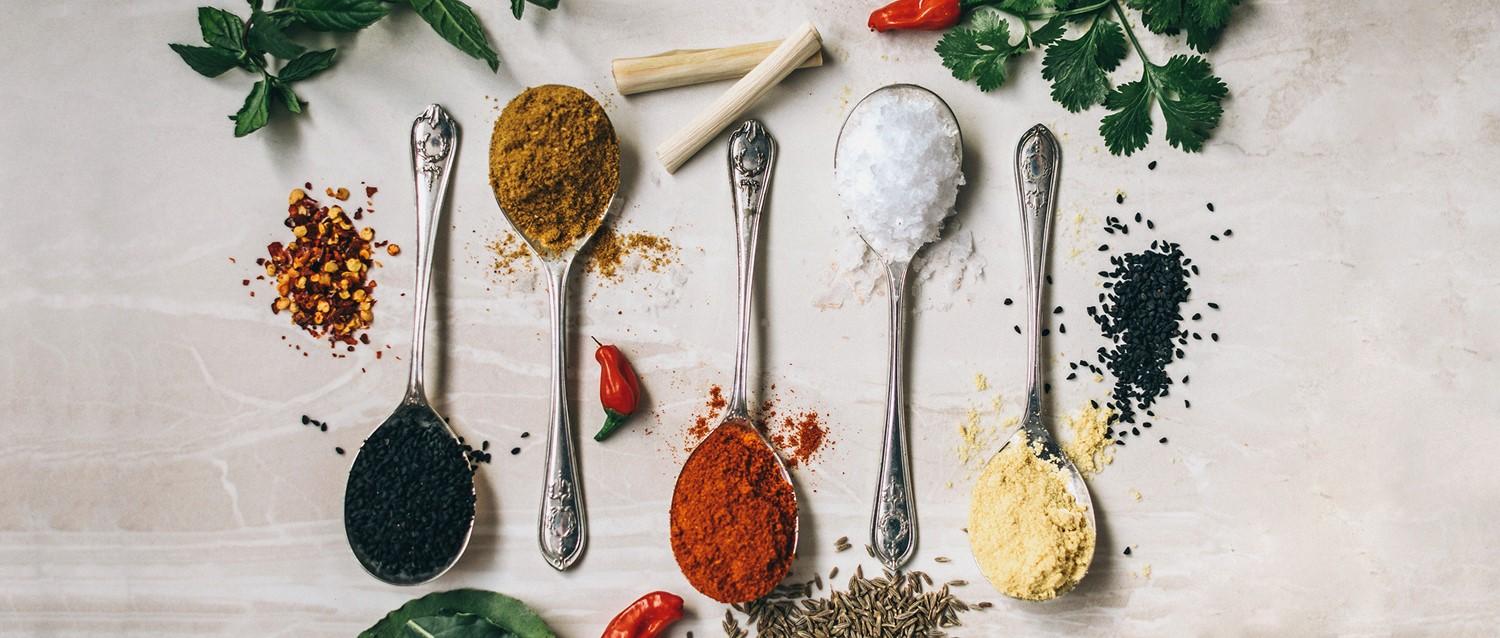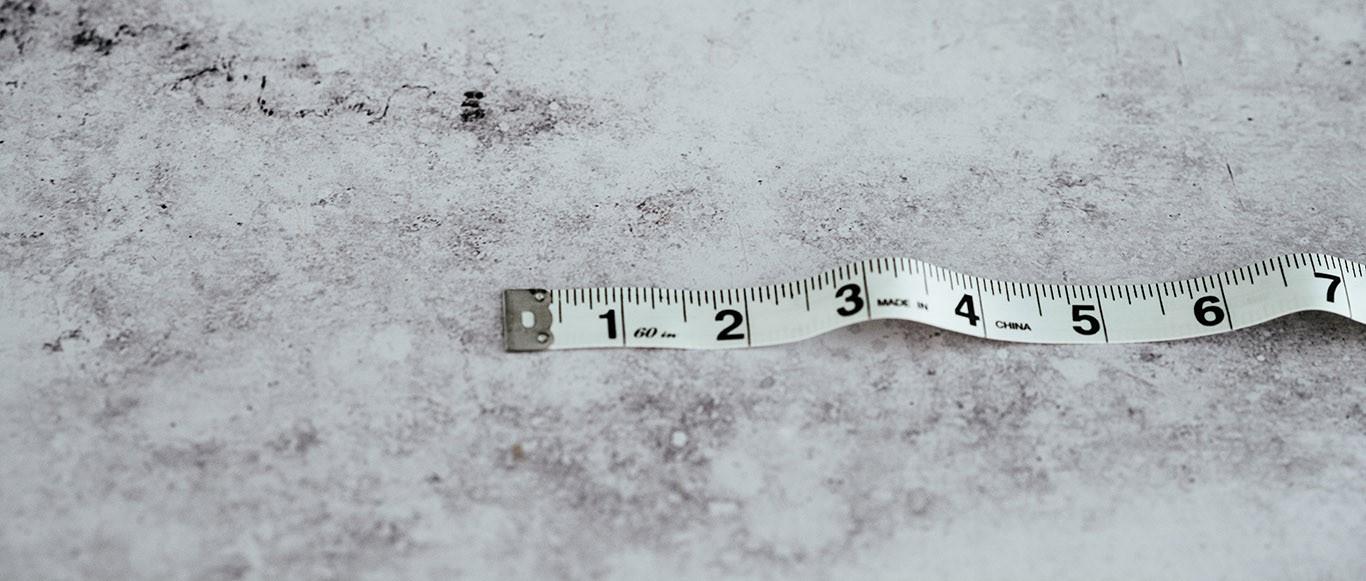
Does eating spicy food help you lose weight?
Peer reviewed by Dr Sarah Jarvis MBE, FRCGPLast updated by Gemma GrangeLast updated 10 Apr 2018
- DescargarDescargar
- Compartir
Many of us have a love-hate relationship when it comes to spicy food. Either you're smothering everything you eat with hot sauce, or you're shying away from a korma. But could a little red pepper or two in your meals actually be good for you? It's time to turn up the heat.
En este artículo:
Many of us understandably avoid meals containing chilli, due to the effects of capsaicin (the heat-causing chemical inside) and the reactions it can cause in our mouths and digestive system. However, there are claims that spicy food can actually boost your metabolism and help with weight loss. So what does the evidence show?
Seguir leyendo
Chillies and weight loss
It turns out there have been several scientific studies published that have linked hot chilli peppers with weight loss.
"Capsaicinoids are a group of chemicals naturally occurring in chilli peppers," explains nutritionist Emma Derbyshire. "They have properties that may help to support weight management."
Derbyshire reveals that while everyone's bodies react to spice very differently, the research indicates that: "A daily consumption of capsaicin may contribute to weight loss through reductions in energy intake."
She explains that this means eating spicy food could potentially make you want to eat fewer calories than you otherwise would. This could be the main reason hot food is sometimes associated with weight loss.
Selección de pacientes para Obesidad y pérdida de peso

Salud general y estilo de vida
What to do if your weight is getting you down
Does it ever feel like you've spent most of your adult life on a diet? While you may experience initial success with many of the popular weight loss programmes, sadly, the pounds typically creep back on. This can leave you beating yourself up and feeling depressed.
by Sara Lindberg

Salud general y estilo de vida
Calculadora de IMC
Open the BMI calculator. BMI (body mass index) is a measure for adults to check what category their height and weight puts them in - underweight, healthy, or overweight. The calculator will give you an idea of how your weight compares to common values. Body Mass Index (BMI) is calculated as your weight divided by the square of your height or BMI = weight/height2.
Spice up your metabolism?
But do chillies actually speed up your metabolic rate? And what do we mean by metabolism anyway? Nutritionist Rose Constantine-Smith explains:
"Metabolism is 'the process of generating energy from nutrients'. Put simply, it is the process that our body has to go through to get energy from the food we eat."
She explains that the energy our body uses to simply exist (for our vital organs to function) makes up between 56-80% of our total energy. It is described as our basal metabolic rate (BMR). It does not take into account anything else like walking, talking or eating."
So a low metabolism might be more accurately described as 'low BMR'. Constantine-Smith explains that everyone's BMR is different. And there are several things which can affect it, she reveals:
Genes
The way you use energy can be affected somewhat by your genetics, although this isn't fully understood yet.
Body composition
Muscle burns more energy than fat so the higher the muscle-to-fat ratio someone has, the more energy they will burn.
Sexo
As, in general, men tend to have a higher muscle-to-fat ratio than women, their BMR is higher.
Edad
As we get older, our BMR tends to reduce. This is thought to be due to the loss of muscle which is often seen in ageing.
Body weight
The bigger the body, the more energy required to sustain it.
But does a slow metabolism cause weight gain? Unfortunately, says Constantine-Smith, it's not that simple.
"The majority of the time, current evidence does not indicate this. Especially as a larger body actually requires more energy to survive. There are some exceptions - an underactive thyroid gland, for instance, slows your metabolism and usually leads to weight gain even though you're not eating more. But people can gain weight for many reasons, such as eating more than your body requires, lack of exercise, stress, lack of sleep, and illness."
So can chillies help? Constantine-Smith says: "It's true that the capsaicin chilli has been found, in some studies, to increase the rate of our metabolism and therefore the speed at which we burn calories. However, these claims are weak. And even if it's true, the effect is only very, very minimal and appears to only be a short-term, temporary thing."
Seguir leyendo
Our hot take
So there you go: a hint of spice may be beneficial every now and again but don't expect it to be a quick fix.
If you're not a fan of spicy food, don't panic! There are much more effective ways of losing weight without having to make yourself uncomfortable. You're much better off improving your diet, exercising more and sleeping well.
When it comes to chillies, eat them because you like the flavour, not because you think they're going to help you to shed the pounds.
Historia del artículo
La información de esta página ha sido revisada por médicos cualificados.
10 Abr 2018 | Última versión

Pregunte, comparta, conecte.
Explore debates, formule preguntas y comparta experiencias sobre cientos de temas de salud.

¿Se encuentra mal?
Evalúe sus síntomas en línea de forma gratuita